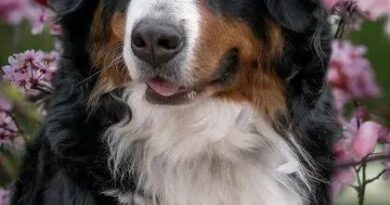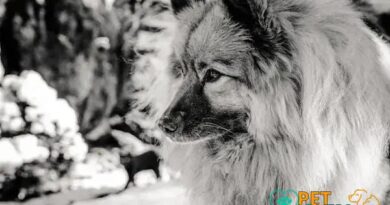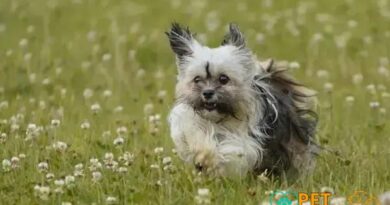O que é Pratique
What is Practice?
Practice, in the context of dog training, refers to the repeated exercise of skills or behaviors to enhance a dog’s abilities and obedience. It is a fundamental aspect of dog ownership that helps in building a strong bond between the owner and the pet. Regular practice ensures that the dog retains learned commands and behaviors, making it an essential part of any training regimen.
The Importance of Consistency in Practice
Consistency is key when it comes to practicing commands with your dog. Dogs thrive on routine and clear expectations. By practicing commands consistently, you reinforce the behaviors you want to see. This not only helps in solidifying the training but also aids in preventing confusion for the dog. A consistent practice schedule can lead to quicker learning and better retention of commands.
Types of Practice Techniques
There are various techniques that can be employed during practice sessions. Positive reinforcement is one of the most effective methods, where dogs are rewarded with treats, praise, or playtime for exhibiting desired behaviors. Clicker training is another popular technique that uses a sound to mark the exact moment a dog performs the desired action, followed by a reward. Each technique can be tailored to fit the individual dog’s learning style.
Setting Goals for Practice Sessions
Setting clear, achievable goals for each practice session is crucial. Whether it’s mastering a new trick or reinforcing basic commands, having specific objectives helps keep the training focused and productive. Breaking down larger goals into smaller, manageable tasks can also make the learning process less overwhelming for both the dog and the owner.
Duration and Frequency of Practice
The duration and frequency of practice sessions can significantly impact a dog’s learning. Short, frequent sessions are often more effective than long, infrequent ones. Dogs have limited attention spans, so keeping practice sessions to about 5-10 minutes can help maintain their focus and enthusiasm. Aim for multiple sessions throughout the day to reinforce learning without causing fatigue.
Creating a Positive Environment for Practice
A positive environment is essential for effective practice. This means minimizing distractions and ensuring that the training area is safe and comfortable for the dog. Using a calm and encouraging tone can also help create a supportive atmosphere. When dogs feel secure and happy, they are more likely to engage in the training process and respond positively to commands.
Incorporating Play into Practice
Incorporating play into practice sessions can make training more enjoyable for dogs. Using toys, games, or even a fun chase can help keep the dog’s interest high. This not only reinforces the commands being taught but also strengthens the bond between the owner and the pet. Playful practice sessions can lead to a more enthusiastic and motivated learner.
Monitoring Progress During Practice
Monitoring your dog’s progress during practice is vital for understanding what works and what doesn’t. Keeping a training journal can help track improvements and setbacks. By noting which commands are mastered and which need more work, owners can adjust their practice strategies accordingly. This reflective approach ensures that training remains effective and tailored to the dog’s needs.
Common Mistakes to Avoid in Practice
There are several common mistakes that dog owners should avoid during practice. These include being inconsistent with commands, using negative reinforcement, and failing to recognize the dog’s limits. It’s important to remain patient and understanding, as every dog learns at their own pace. Avoiding frustration and maintaining a positive attitude can lead to more successful practice sessions.
Celebrating Success in Practice
Celebrating successes, no matter how small, is an important part of the practice process. Acknowledging your dog’s achievements boosts their confidence and encourages them to continue learning. Whether it’s a simple “good job” or a special treat, celebrating success reinforces the bond between owner and dog and motivates further practice.



